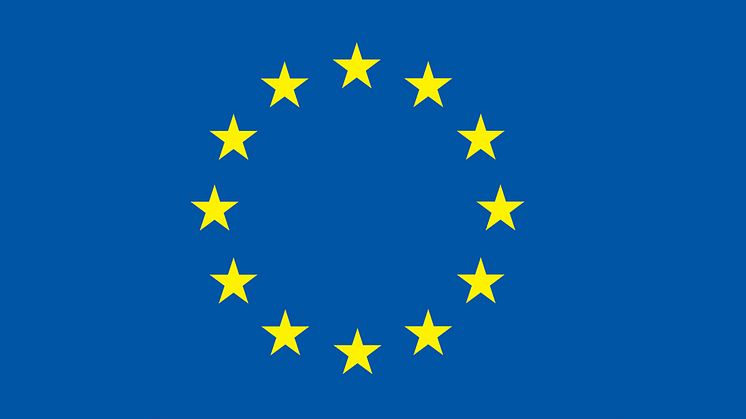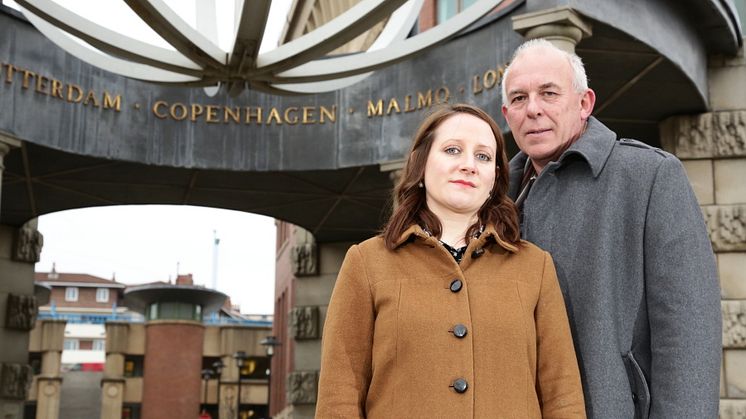Press release -
EXPERT COMMENT: Northumbria Law School’s Professor Tim Wilson considers the constitutional position following Brexit
Tim Wilson, Professor of Criminal Justice Policy in Northumbria Law School, writes about Brexit and its consequences.
Most newspaper editorials, the general tenor of BBC coverage and comments by politicians, including most in the Remain Camp, suggest that we have a single result and need to make the best of it. Some contrary voices are being heard with calls for a second referendum. Even Mr Farage had indicated earlier that such a small majority the other way would not have settled the matter.
The constitutional position is unclear within a country that has ceased to be a unitary state but is not yet a federal one either. In these circumstances arguably Parliament may wish to distinguish between 'respecting the referendum results' (it is important to keep this in the plural for reasons given below) and, if we accept that ours is a representative democracy, regarding the overall Brexit majority as leaving no option but to leave the EU. In other words Brexit or not will be decided in Westminster some time soon. It was not settled on 23rd June.
Perhaps Parliament might first consider what the results actually indicate and what lies behind them?
In terms of the overall UK population (even if as measured as those eligible to vote), Brexit is a minority choice and distributed unevenly (both geographically and demographically) within certain parts of England and Wales. Many would also argue (e.g. Anna Soubry MP on channel 4 News on Saturday night) that the results may reflect resentment misdirected at Brussels (instead of Westminster). It is also possible that the outcome was affected by ambiguous or erroneous statements and misinformation (e.g., the differences between the Derbyshire Leave Campaign and Mr Dan Hannan MEP over whether the plan was to cut the number of migrants or only their rights, and the admission by Mr Farage that the battle bus expenditure number was wrong).
There will be those, notably Mr Farage, who may argue that any consideration of the results needs to be limited to the question of EU membership. The nature of the results and their economic, geopolitical and constitutional consequences could be responsible grounds for rejecting such arguments.
Looking narrowly at the potential consequences for the UK, the country now appears to be deeply divided and facing a high risk of disintegration. Compliance with the English and Welsh results by Westminster could give legitimacy to the view - bolstered by UK Government Pro-Union arguments made during the not so distant Scottish independence referendum - that the Scottish government now has a mandate to seek to negotiate remaining in the EU even at the cost of leaving the UK. Likewise, it might also be judged unreasonable for the UK Government to continue, as it is seeking to do, to argue that the EU referendum results need not trigger a referendum on Irish reunification.
Ultimately these and other issues will be resolved as matters of political judgement, but in that respect politicians cannot rely on uncertain constitutional conventions about referenda (though the devolution settlements may be a different matter) for the determination of their votes.
Let us hope they make wise choices in such difficult times. What is at stake is not just temporary market instability or the prospects of longer-term economic growth. It will have a lasting impact on public confidence in the integrity and competence of British politics, the kind of society we live in and possibly even the continued existence of the United Kingdom.
Topics
Categories
Northumbria is a research-rich, business-focused, professional university with a global reputation for academic excellence. To find out more about our courses go to www.northumbria.ac.uk
If you have a media enquiry please contact our Media and Communications team at media.communications@northumbria.ac.uk or call 0191 227 4571.











